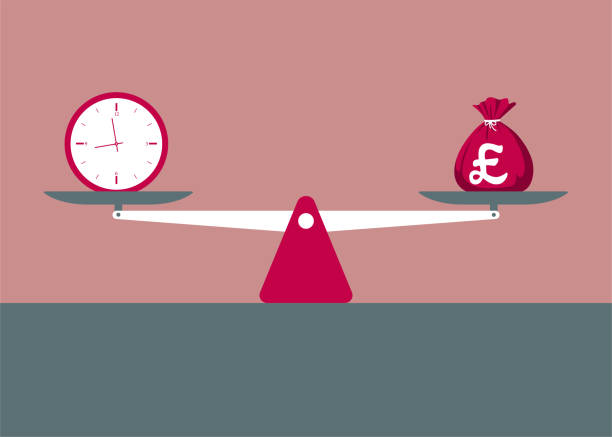
In the intricate landscape of personal finance, few metrics wield as much quiet power as the debt-to-income (DTI) ratio. This seemingly simple calcula...
Read More
Lifestyle inflation, the gradual increase in spending as one’s income rises, is a common and often insidious financial phenomenon. While upgrading o...
Read More
The Debt-To-Income Ratio, commonly referred to by its acronym DTI, is a cornerstone of personal financial health, serving as a critical benchmark for ...
Read More
The burden of overextended personal debt is not merely a feeling of financial strain; it is a quantifiable condition often diagnosed by a critical met...
Read More
The concept of a diverse credit mix, often touted as a pillar of a strong credit score, presents a complex paradox for individuals navigating the trea...
Read More
The installment loan, with its promise of predictable payments and a clear end date, presents itself as a responsible tool for managing large expenses...
Read MoreYes, but it requires patience and discipline. Negative items will fall off your report after their time limit. By consistently demonstrating responsible credit behavior, you can fully rebuild your score over several years.
Programs are usually temporary, lasting from 3 to 12 months. Some may be extended if the hardship persists, but this is not guaranteed.
This is an unwarranted belief in our own ability to control events. A debtor might be overconfident in their ability to stick to a strict budget or earn more money quickly, leading them to take on debt they have no realistic plan to repay.
Honesty and transparency are crucial. Frame the conversation around shared goals (a secure retirement, college funding, less stress) and present a united plan to tackle the problem together. This is a family issue requiring a family solution, not a source of blame.
BNPL plans allow small, manageable payments but can encourage overspending. Multiple BNPL agreements can silently accumulate, creating a significant monthly burden that suddenly contributes to overextension.